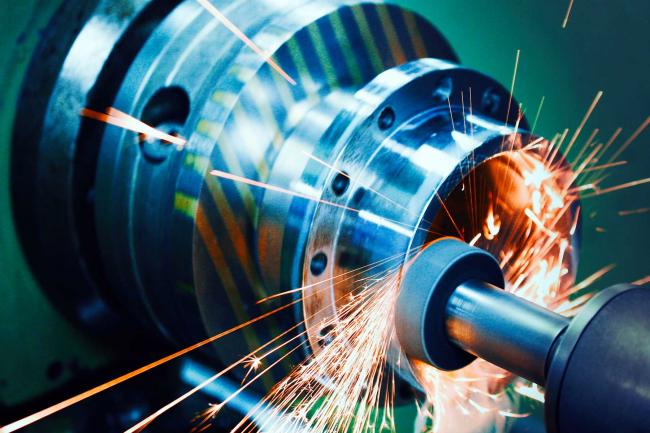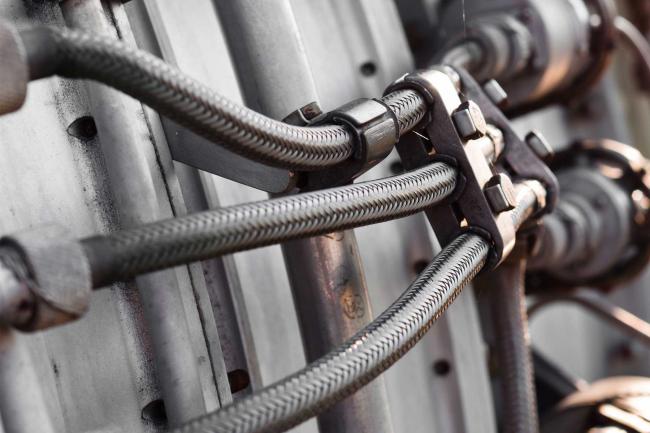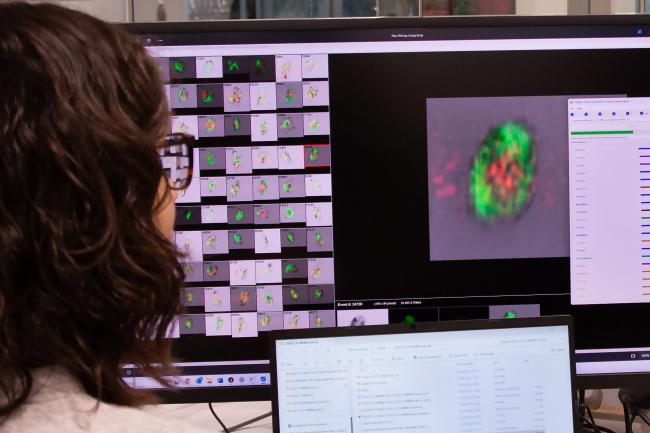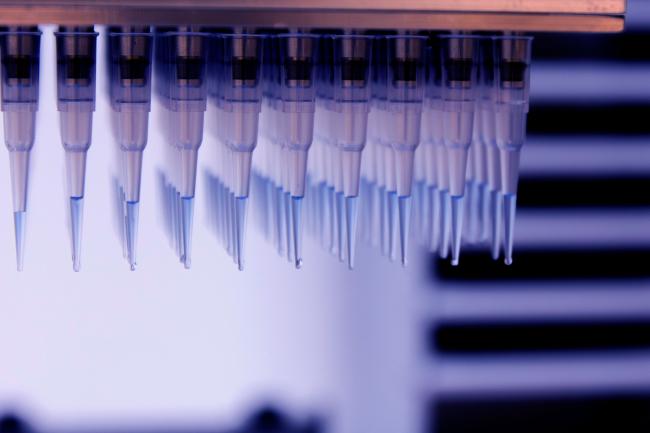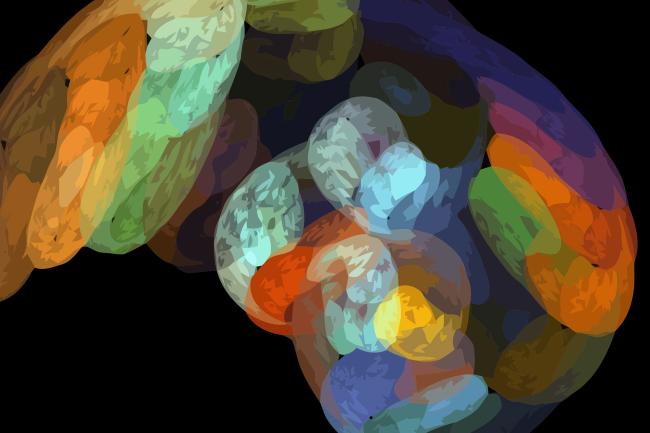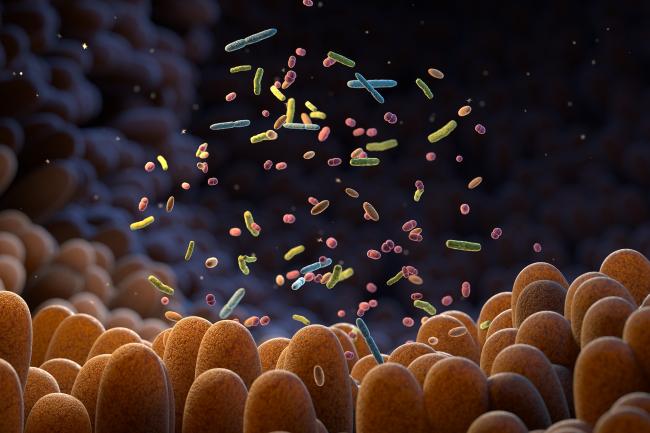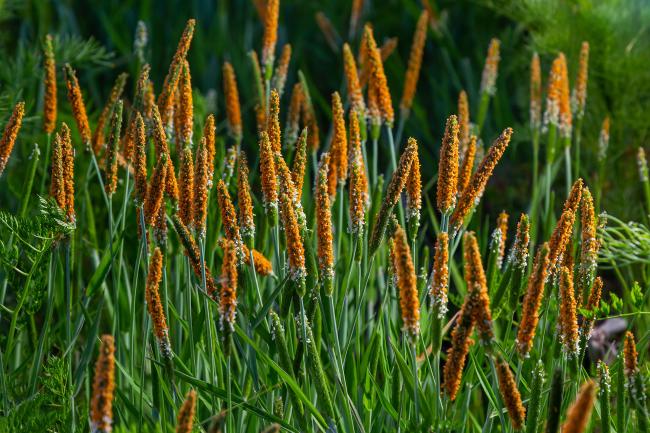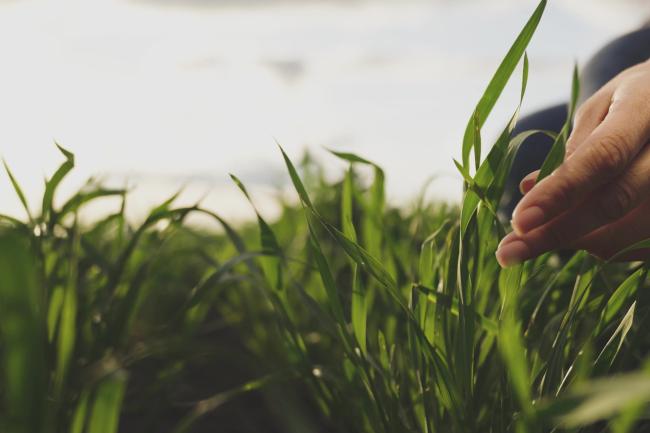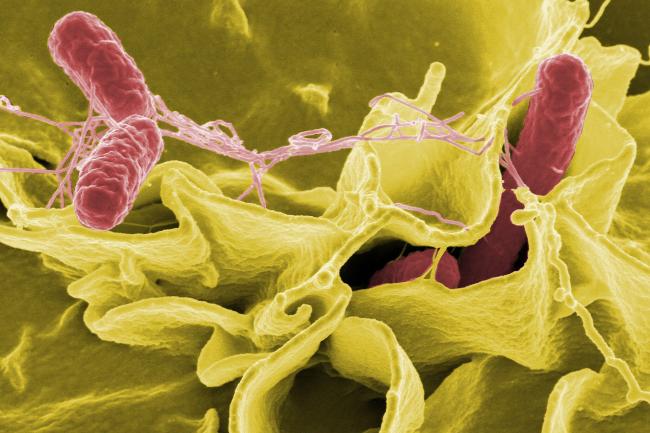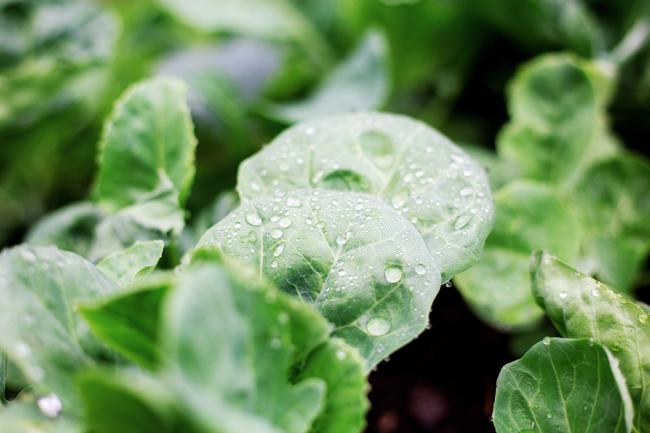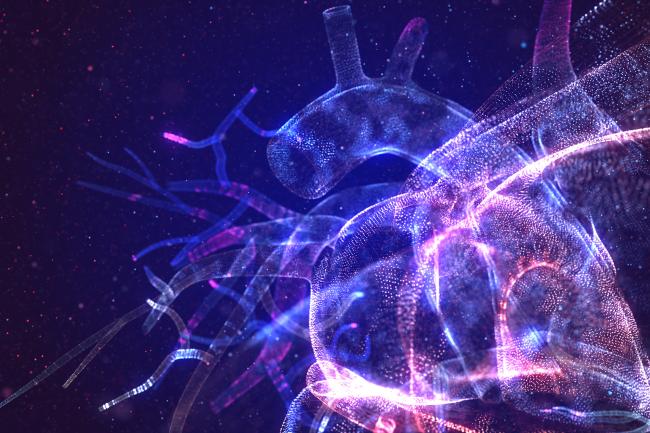Improving Plants for Biomanufacturing
Improving the plant ‘production chassis’ for the manufacture of useful, biologically active small molecules.
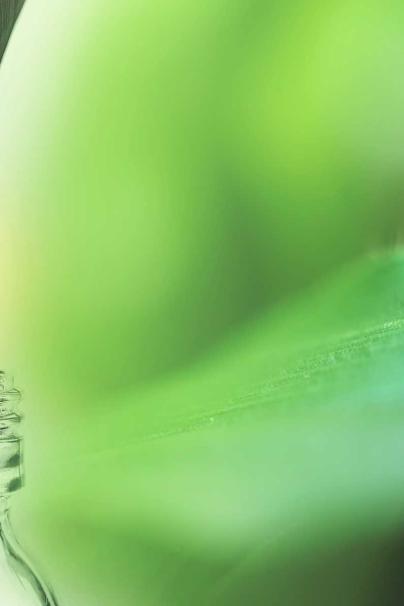
Led by: Patron Group
Grants: BB/P010490/1
A great many natural products are used as human therapies. However, these chemicals are often found in low abundance or are produced in species that are difficult to cultivate.
Synthetic biology has demonstrated that biological organisms can be re-programmed to produce natural products, providing a viable alternative to chemical synthesis and petroleum-powered manufacturing.
Much work has been done to tailor specific strains of bacteria and yeasts to increase production of natural products but plants have also been shown to be capable of efficient expression of therapeutic proteins and secondary metabolites. They are cheap to grow and maintain, mainly requiring just water and light and are capable of producing proteins and secondary metabolites in just a few days.
To date, little effort has been spent on improving plants for biomanufacturing. In this project we aim to understand why some molecules are difficult to produce and use new technologies to increase yields.
Much work has been done to tailor specific strains of bacteria and yeasts as production factories for the biomanufacturing of valuable natural products. However, there are many products, particularly those found in plants, that are difficult to produce in microbes.
In this project, we are investigating the use of a plant production chassis, aiming to demonstrate the production of high-value natural products and identify how plants can be improved to increase the yield and purity. We are using gene expression to identify plant genes expressed in response to the presence of foreign molecules and applying gene editing techniques to engineer plants to improve its ability to produce several valuable small molecules.
